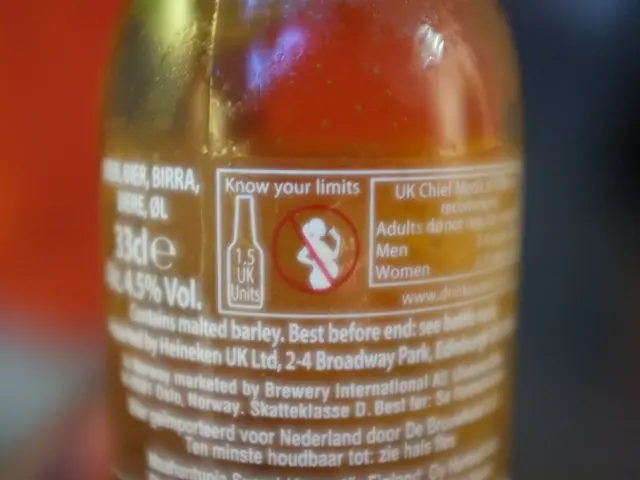UK Study: Young People With Mental Health Issues Spend More Time on Social Media, Report Lower Satisfaction
Increasing Prevalence of Mental Health Issues in Youth Population
A recent UK study suggests that young individuals with mental health issues tend to spend more time on social media platforms daily and express a lower satisfaction with their online friend count.
Young people with mental health concerns spend around 50 minutes more per day on social media compared to those without such issues. While researchers cannot definitively establish a cause-and-effect relationship, they hypothesize that mental health conditions might influence how young people interact with social media platforms differently.
Researchers point to the evidence that those with conditions such as anxiety and depression feel more affected by social media—feeling unable to control their usage and judging themselves against others online. Mood swings based on likes and comments are also common experiences for affected individuals.
Analyzing data from a 2017 survey of 3,340 young people aged 11 to 19 in the UK, the study conducted by professional clinical assessors shows that young people with mental health issues are more dissatisfied with their online friend count. According to the study's lead author, Luisa Fassi, friendships are crucial during adolescence, as they shape identity development. The quantifiable nature of social media friendships can make social comparisons more apparent, exacerbating existing feelings of inadequacy or rejection among young people with mental health issues.
The researchers caution against drawing hasty conclusions. "Mental health issues can stem from various factors, making it difficult to say whether social media use is one of them," explains Fassi. To explore this question further, additional research is needed.
Anne Kaman, deputy head of the Clinic for Child and Adolescent Psychiatry at the University Medical Center Hamburg-Eppendorf (UKE), agrees that the data—gathered before the COVID-19 pandemic and the rise of new platforms like TikTok—has limited relevance to the current situation. Nevertheless, Kaman finds the study insightful, as it connects clinically validated mental health diagnoses with detailed patterns of social media use.
While the connection between social media use and mental health issues in young people is not yet fully understood, several key findings have emerged from extensive research conducted since 2017. Correlational studies have shown that high social media use may be linked to increased symptoms of depression, anxiety, and loneliness among young people. However, correlation does not imply causation.
Poor sleep, cyberbullying, and social comparison are also factors to consider when examining the relationship between mental health and social media use. Sleep quality is crucial for mental health, and social media usage before bed can interfere with rest—an issue more acute for children and young people who may already be dealing with poor sleep patterns.
Cyberbullying and social comparison can contribute to negative self-esteem and mental health outcomes among young people. However, it's crucial to note that social media can provide a source of social support and connectivity for those with limited real-life social networks.
Further research is needed to better understand the causal relationships between social media use and mental health issues in youth, as well as to develop effective interventions. The complex interplay between social media use, mental health issues, and broader societal factors necessitates a comprehensive approach to addressing this challenge.
- The study on UK young people reveals that they with mental health issues spend around an average of 50 minutes more per day on social media platforms, such as Facebook, Instagram, and Twitter.
- Researchers suggest that symptoms of depression, anxiety, and loneliness may be more prevalent among young people who spend a lot of time on social media, although they cannot definitively establish a causal link.
- Social networks like Facebook and TikTok can contribute to negative mental health outcomes, such as poor sleep, cyberbullying, and social comparison, which can exacerbate feelings of inadequacy or rejection in young people with mental health issues.
- However, it's worth noting that social media can also serve as a source of support and connection for young people with limited real-life social networks, playing a role in their health-and-wellness, as well as mental health.
- To gain a deeper understanding of the causal relationships between social media use and mental health issues in youth, as well as to develop effective interventions, further research is needed in the science of social media's impact on mental health.








